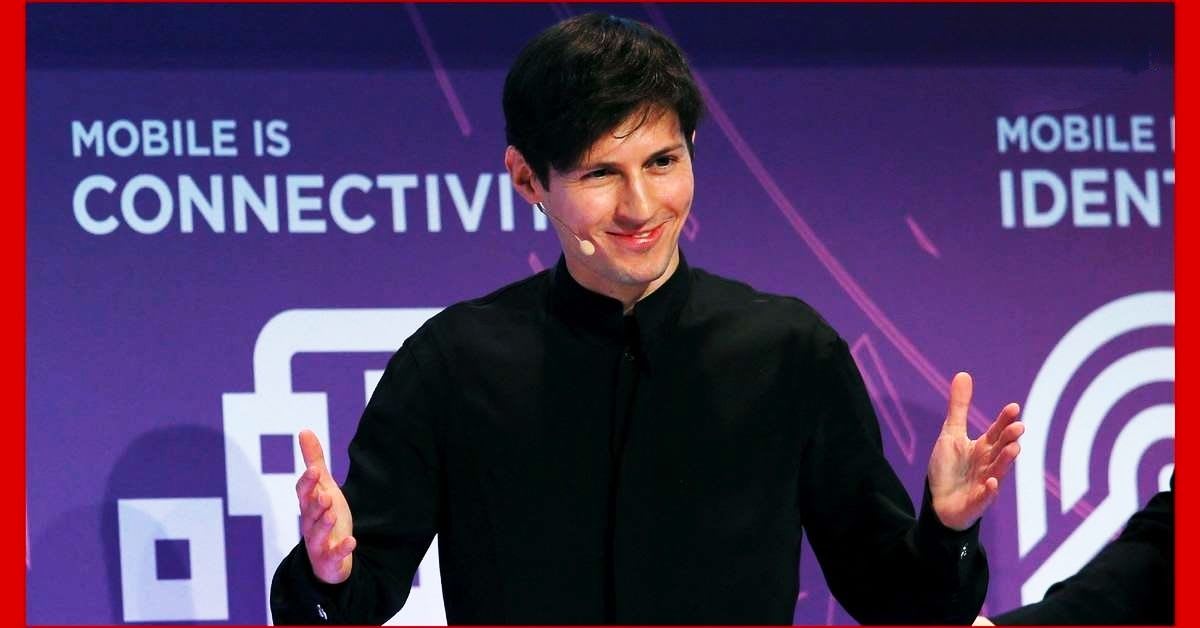Pavel Durov, Telegram's founder and CEO, sparked a new wave of controversy after revealing that the French authorities are demanding the creation of a "backdoor" that would allow them access to users' messages and private information.
These statements come at a time when the app is facing increased scrutiny from regulatory bodies in several countries, especially after Durov's arrest last August.
In a post on his official Telegram channel, Durov pointed out that these demands are based on legislation recently passed by the French Senate, which forces messaging apps to open hidden backdoors to allow police access to message content, under the pretext of combating drug trafficking.
Despite the rejection of the proposal by the National Assembly - the lower house of the French parliament - the Paris police chief is still calling for its implementation.
Durov warned of the significant risks of creating such a backdoor, emphasizing that it poses a serious security threat as it is impossible to guarantee that only the police will have access to it, opening the door for hackers and malicious entities to exploit it.
He confirmed that Telegram does not disclose users' IP addresses or phone numbers except by legal court order, and that over the 12 years of operating the platform, no part of users' private messages has been revealed.
Amid these pressures, Durov is facing an official investigation in France on charges of allowing the circulation of illegal content on the platform, including suspicious transactions, drug trafficking, fraud, and even images related to child abuse.
Nevertheless, he continues to defend his stance by refusing to cooperate with any party demanding the breach of users' privacy.
This comes in the context of a growing global conflict between technology companies and governments over the boundaries of privacy and freedom of expression, as major companies like Apple have previously faced similar pressures to provide secret ways to access user data.

